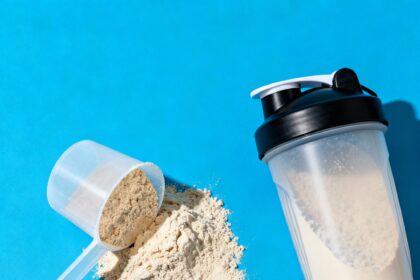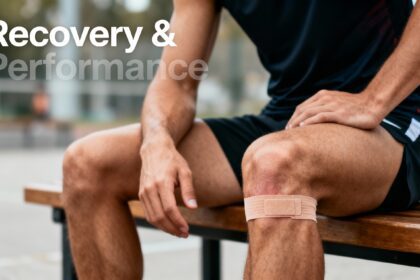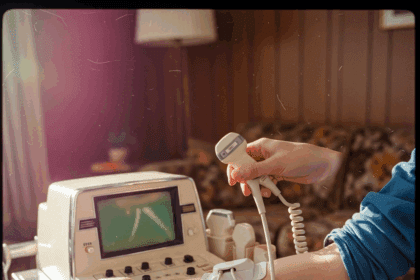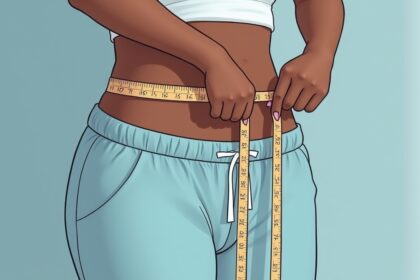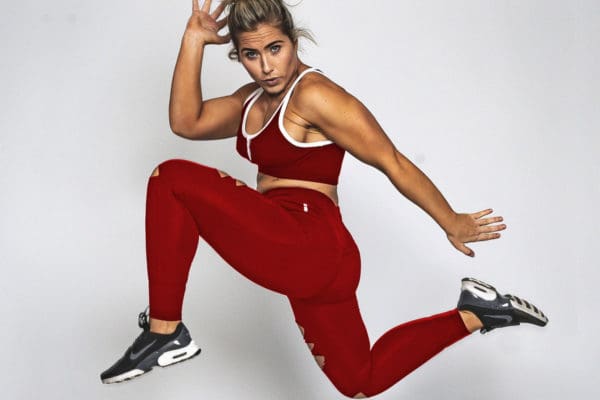Sleep is an essential component of human life. It’s important to maintain our health physically, psychologically, emotionally, and athletically. The quality sleep also has a direct impact on the quality of athletic performance. While poor-quality sleep having negative effects on performance and vice-versa. There are causes and negative effects of poor-quality sleep on athletic performance. How the positive effects of good-quality sleep can provide some science-based recommendations on how to improve the quality of sleep for athletes.
By Mokonya Njie
A generalized distinction between poor and good-quality sleep lies in duration and setting. In terms of duration, good-quality sleep generally involves at least 6 hours. But that number could go higher depending on the age, intensity of training, and other demands of daily life. Concerning setting, quality sleep is best in a dark environment, with a convenient temperature, and a comfortable bed. Poor-quality sleep on the other hand is generally anything less than 6 hours. It involves an environment not conducive for sleeping.
There are many reasons why athletes do not get enough good-quality sleep. A 2019 study found that a common problem is because of electronics. The increased availability of TV screens, phones, and other blue light emitting devices that affect melatonin secretion is a major sleep disruptor. The internet provides an opportunity to instantly communicate with people in different time zones. This adds to the challenge of putting phones aside. Student-athletes need to balance athletic and academic schedules while striving for excellence in both arenas. This can be difficult, especially for younger athletes and athletes who do not have an appropriate support system to help them navigate such challenges. To balance athletic and academic commitments, student-athletes often tend to sacrifice sleep. This often has a negative impact (such as failure in a test) on one or both areas. It could lead to stress and more sleep sacrifice to compensate.
Travel can also affect the quality of sleep and subsequent athletic performance. The more advanced the athlete (in terms of level), the greater the potential for longer and more frequent travel. Depending on the mode of transport, duration of the journey, and time zone changes, the athletes’ sleep schedule can significantly impact. According to a 2017 study, “Travel for competition also may directly interfere with performance due to alterations in sleep schedules and dissociation with circadian rhythms.” Longer flights generally tend to have a more profound impact on the circadian rhythm, sleep, and motivation. Those symptoms can sometimes last for days.
Additionally, athletics involves a lot of training and competition. This is perhaps the most understandable reason why athletes do not get enough good-quality sleep. The intensity and duration may be significantly high as the levels go up. While the duration can be even higher if the athlete is doing multiple daily training sessions or multiple sports. This is generally causes stress and anxiety especially when competition is involved. This may lead to negative consequences on the quality and duration of sleep.
Electronics, academic pressure, travel, and competition can have negative effects on the quality of sleep which may lead to a decline in athletic performance. However, a 2017 study found that sleep deprivation has an impact on endurance performance most notably through an increase in perceived exertion. “Pre-exercise muscle glycogen stores have been found to be decreased after sleep deprivation…”. Muscle glycogen is important for athletic performance. Since the 1960s, the influence of muscle glycogen on athletic performance has become more apparent.
In addition to proper nutrition, athletes should get enough sleep to prevent the negative effects of sleep deprivation from draining muscle glycogen stores. Studies have suggested that poor-quality sleep can decrease in accuracy during competition and an inverse relationship has been established with enough good-quality sleep. In many sports, especially at the most elite levels, the distinction between winners and losers comes down to milliseconds and micro-actions. Taking that into consideration, a drop in athletic performance because of poor-sleep cannot be overlooked.
Moreover, injury is a part of every athlete’s career, and its consequence can range from missing a training session to the end of a career. So, any and every measure to minimize the occurrence and prevalence of injuries should be taken seriously. Quality sleep is one of those measures.
As a matter of fact, a 2019 study suggested that “Sleep deprivation increases pro-inflammatory cytokines, which impairs immune system function, impedes muscle recovery and repair from damage, leads to autonomic nervous system imbalance (simulating overtraining symptoms) …”. It’s obvious that athletics involves a lot of regular training and if an athlete’s muscles are not able to recover quickly and fully, they increase their odds of sustaining an injury. According to the 2019 study, there is an increased likelihood of experiencing an injury when an athlete has poor-quality sleep. That probability grows stronger when there is an inverse relationship between duration of sleep and duration of training load.
Fortunately, there are several changes athletes can make to improve the quality and quantity of sleep and their subsequent performance. First, establish a sleep schedule that enables the athlete to take advantage of their own circadian rhythm. They can do this by going to sleep and waking up at the same time as much as possible. Athletes should incorporate time to wind down before going to sleep. Then, they should create an environment that is conducive to sleep. This involves darkening the room with blinds or covering the eyes with masks and removing all forms of distractions (phones, tv, iPads).
Caffeine and other stimulants should be consumed only during morning hours and sedating medication should be avoided as much as possible. The athlete should try to create a strong psychological connection between sleep and the bed by using the bed only for sleep and intimacy.
There are several benefits of good-quality sleep for athletic performance. One of the most profound benefits is recovery. Muscles do not grow in the gym, they grow in periods of rest. So, for athletes who train with the hope of taking advantage of adaptation, sleep will be an important part of that process. Implementing sleep hygiene strategies is imperative for any serious athlete who intends to take their performance to the next level. Sleep is an essential component of human life and the benefits of practicing good-quality sleep have no limits.
References
Jeukendrup, A. (2014). A Step Towards Personalized Sports Nutrition: Carbohydrate Intake During Exercise. Sports Medicine, 44(S1), 25-33. doi:10.1007/s40279-014-0148-z
Vitale, K. C., Owens, R., Hopkins, S. R., & Malhotra, A. (2019). Sleep Hygiene for Optimizing Recovery in Athletes: Review and Recommendations. International Journal of Sports Medicine, 40(08), 535–543. https://doi.org/10.1055/a-0905-3103
Watson, A. M. (2017). Sleep and Athletic Performance. Current Sports Medicine Reports, 16(6), 413–418. https://doi.org/10.1249/jsr.0000000000000418






